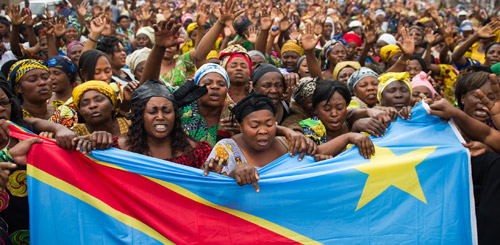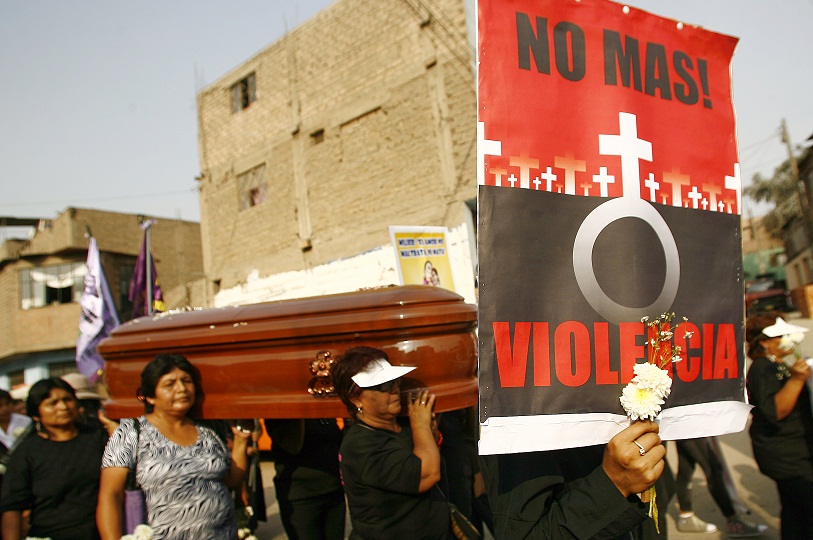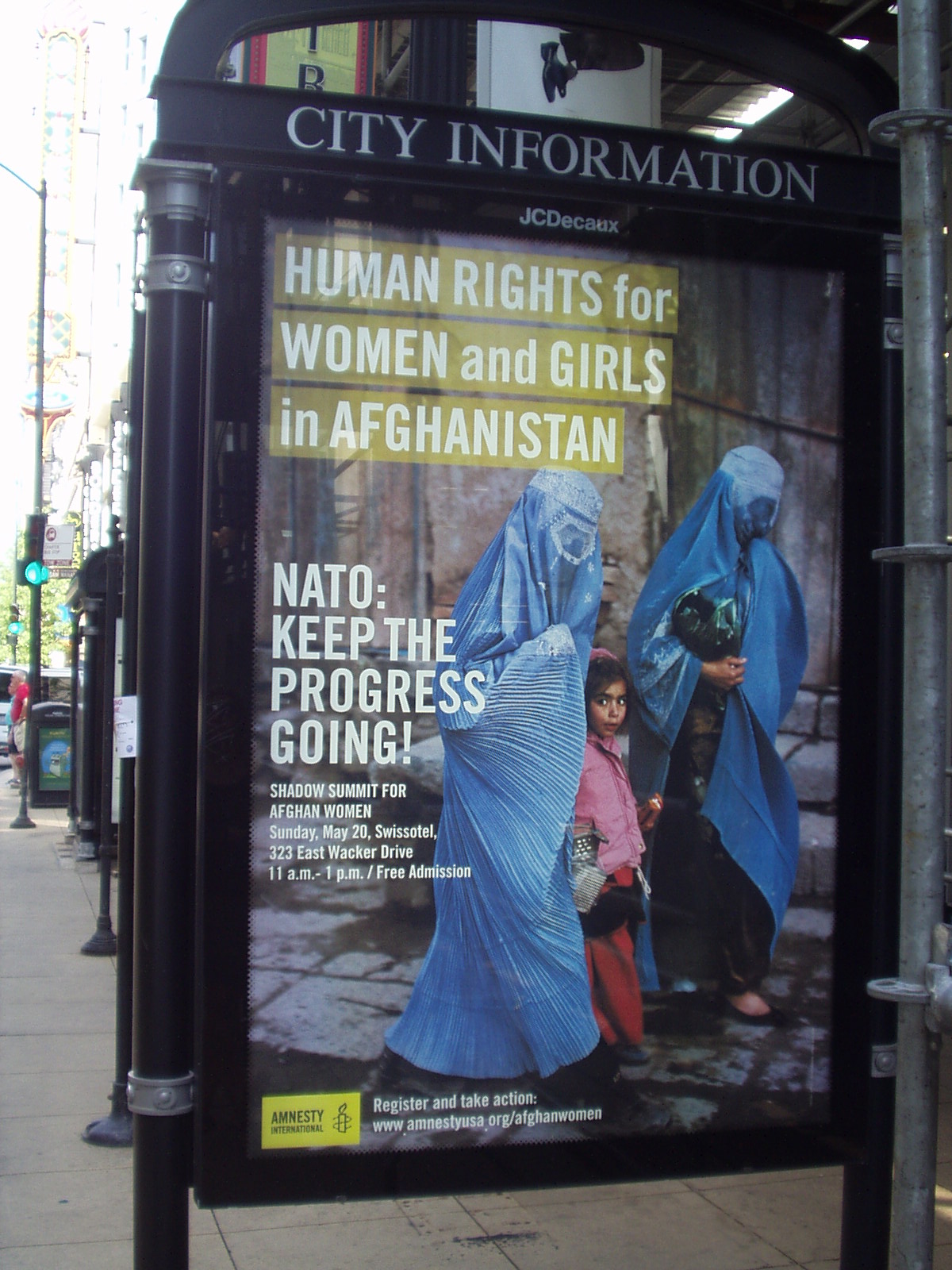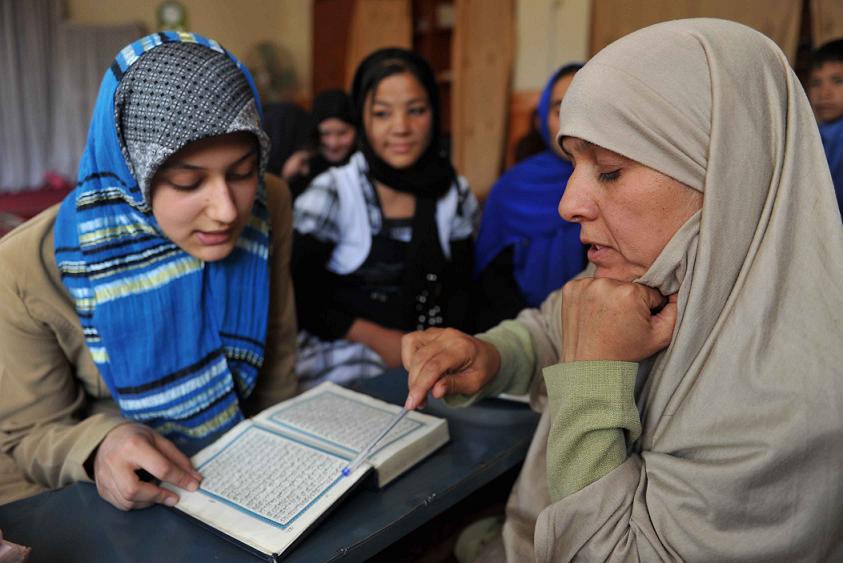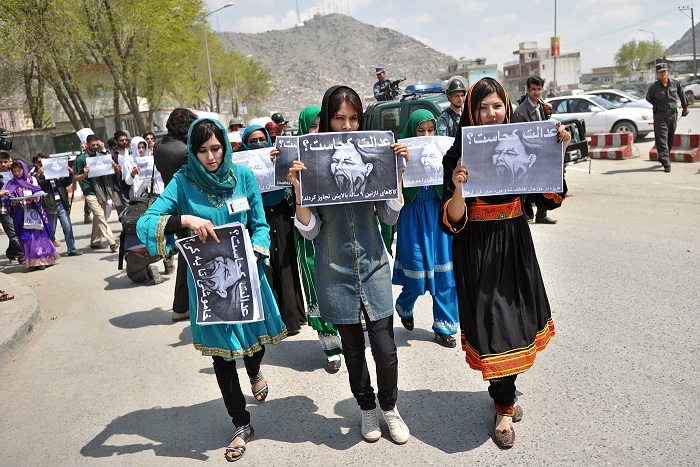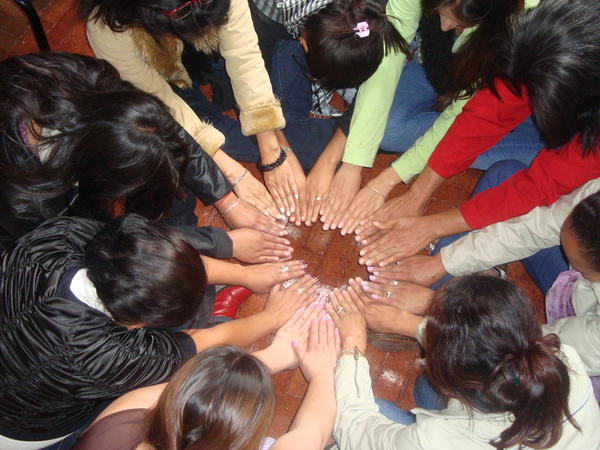
Survivors of sexual violence unite in Bogotá, Colombia. 1 in 3 women will be victim of violence worldwide. (Photo Corporación Sisma Mujer)
The U.S. government has just released its much anticipated global strategy to prevent and address gender-based violence. The strategy, and accompanying Executive Order, will help ensure that the United States effectively prevents and responds to gender-based violence globally.
This new strategy for the first time puts the full weight of U.S. foreign policy and international assistance behind efforts to end this global human rights violation.
Why is this strategy needed? Because an estimated one in three women worldwide has been beaten, coerced into sex, or otherwise abused in her lifetime. In countries from Nicaragua to Afghanistan to the United States, violence against women is global epidemic.
